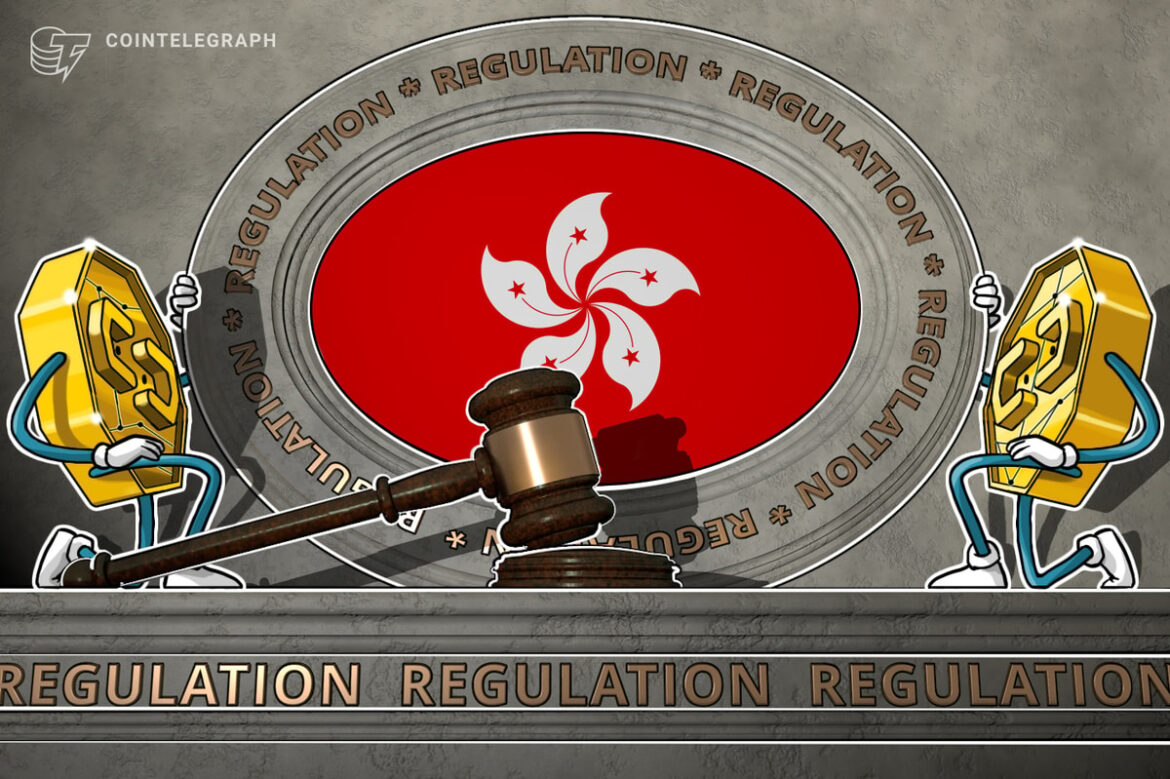
Hedge-fund manager Scott Bessent — viewed as in the running to become Treasury secretary in a second Trump administration — on Wednesday defended the Republican presidential nominee’s policies from the charge that they would boost inflation.
Source link
policies
Court rules in favor of Apple in class action over crypto payment policies

A California judge dismissed a class action lawsuit against Apple that accused the tech giant of imposing restrictions on third-party crypto payments on March 26.
District Judge Vince Chhabria said the complaint contained “several fatal problems,” including inadequately alleged agreements between Apple and other payment services.
He expressed doubts that the agreements restricted decentralized crypto transactions as alleged, asserting it is not clear that such an agreement would be unlawful under the Sherman Antitrust Act.
Meanwhile, the allegations of antitrust standing were found to be inadequate because any links between Apple’s alleged anticompetitive behavior and alleged injury were speculative. The plaintiffs claimed they paid overinflated fees to certain third-party apps because of Apple’s agreements.
Furthermore, the case had problems with its relevant market definition because Zelle — a payment app mentioned by the plaintiffs — was excluded from the definition.
The judge observed other issues and said an amendment to the case was unlikely to change the outcome of the lawsuit. However, the court has given plaintiffs 21 days to amend the case.
The case will be dismissed without prejudice if the plaintiffs fail to make amendments by the deadline.
Centralization vs. decentralization
Initially filed in November 2023, the lawsuit alleged that PayPal‘s Venmo, Google Pay, Cash App, and Apple Cash all agreed to Apple’s store guidelines, thereby agreeing to terms preventing each app from supporting decentralized crypto transactions.
Apple asked for the class action lawsuit to be dismissed in February. That request made most of the same points confirmed in the judge’s current dismissal.
Aside from their broader legal arguments, Apple’s defense asserted that the plaintiffs’ claims were factually incorrect, writing:
“There are apps in the App Store that facilitate decentralized [crypto] transactions.”
The defense added that a particular rule, App Store Guideline 3.1.5, requires third-party apps to handle transactions through an approved exchange and “does not apply to, much less categorically prohibit” apps that offer decentralized crypto transactions.
Plaintiffs initially argued that the same section undermines decentralization by requiring the involvement of intermediary exchanges.
Mentioned in this article
Hong Kong securities regulator updates crypto policies, citing market developments

The Securities and Futures Commission (SFC) of Hong Kong announced it will update its policies on virtual currency sales and requirements “in light of the latest market developments and enquiries from the industry.”
In an Oct. 20 notice, the SFC said that under the updated guidelines, certain virtual currency products will only be available to professional investors. In addition, intermediaries in the crypto space “should assess whether clients have knowledge of investing in virtual assets” prior to handling any transactions.
“Although virtual assets are becoming more popular in some parts of the world, the global regulatory landscape remains uneven,” said the SFC. “The risks associated with investing in virtual assets identified by the SFC back in 2018 continue to apply.”
The updated requirements consider virtual assets “complex products” under the SFC and subject to the same guidelines as similar financial products. The commission specifically mentions crypto exchange-traded funds and products issued outside Hong Kong as examples of complex products.
Related: Less than 50% of Hong Kong retail crypto investors aware of relevant regulations: Survey
Many crypto users in Hong Kong are still reeling from the scandal surrounding the JPEX crypto exchange. In September, the SFC announced that it had received more than 1,000 complaints related to JPEX, with users claiming losses totaling millions of dollars. Local police later arrested six JPEX employees for operating an unlicensed crypto exchange.
It’s unclear if SFC’s updated policies are the direct result of the events surrounding JPEX, but the regulator said in September that it would increase its efforts to keep crypto investors informed of risks. In October, the Hong Kong Police Force and SFC formed a working group aimed at monitoring and investigating potential illegal activities involving digital assets.
Magazine: Bitmain’s revenge, Hong Kong’s crypto rollercoaster: Asia Express



